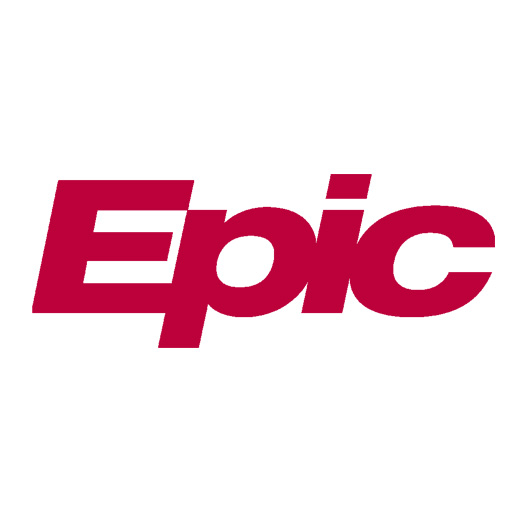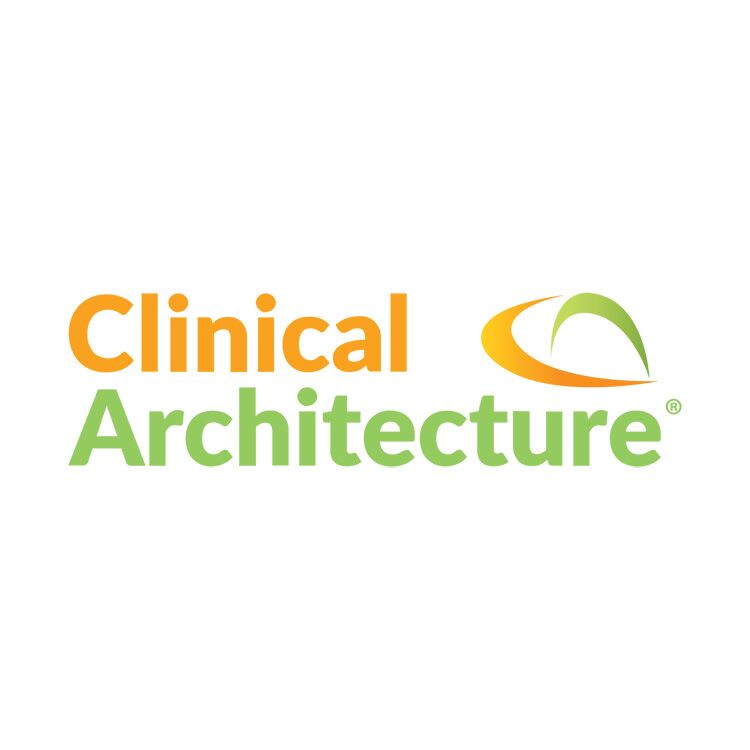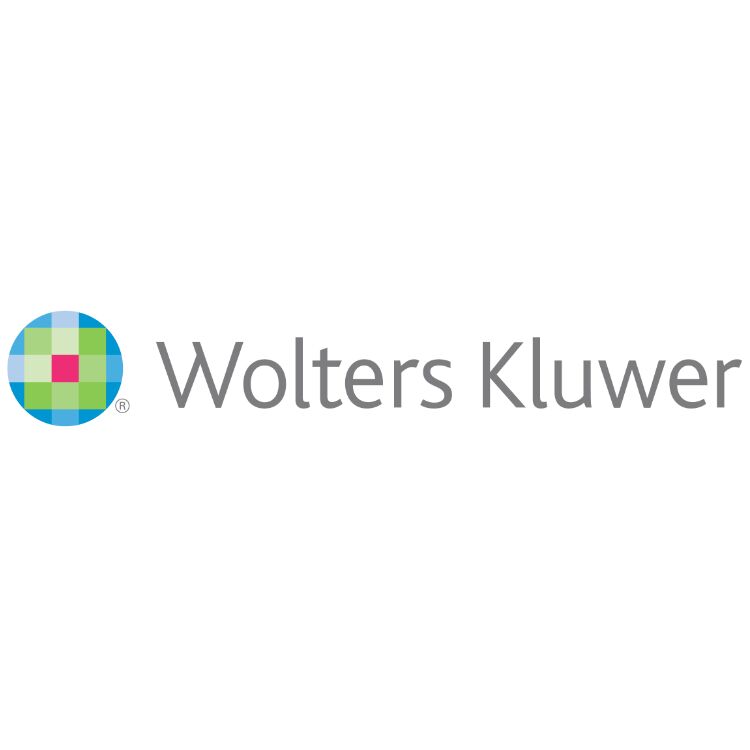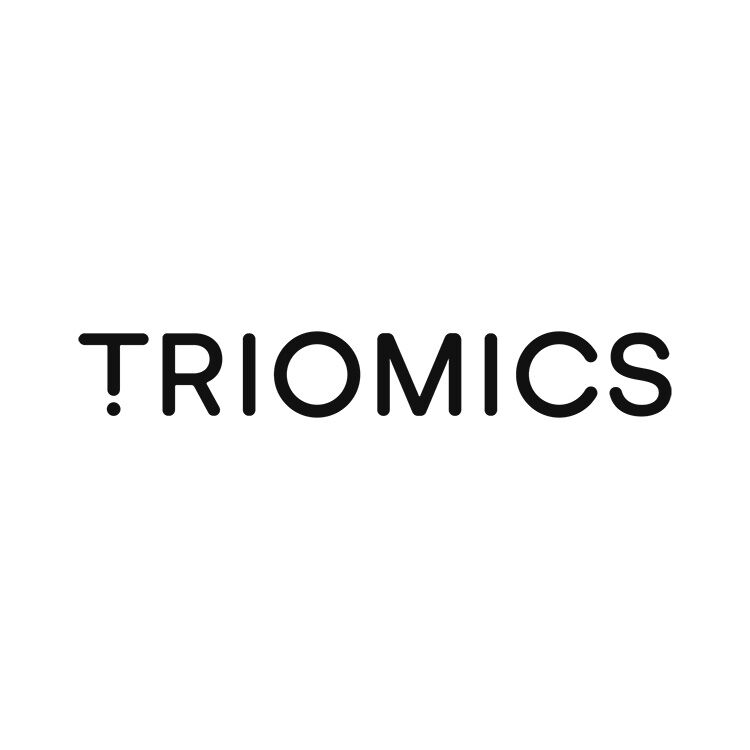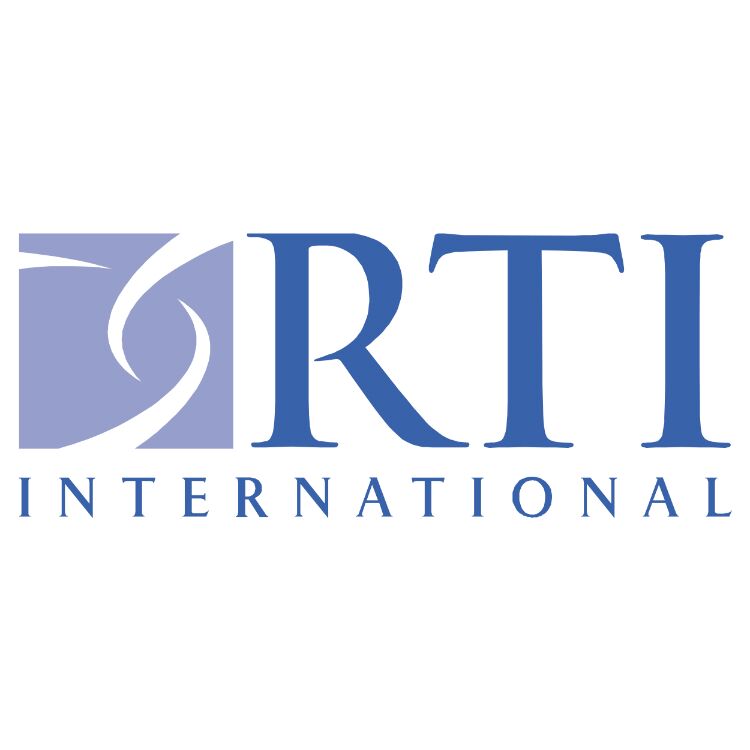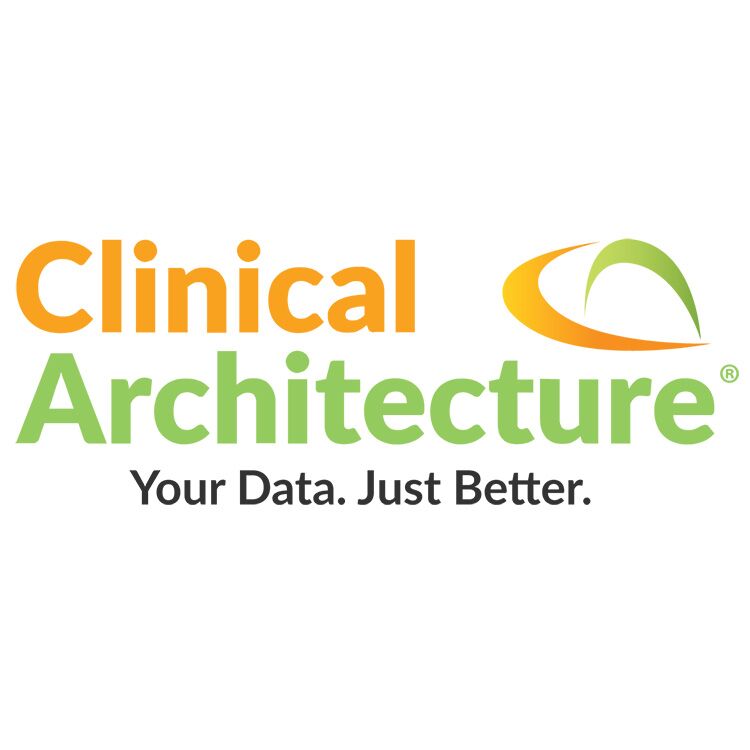AMIA 2023 Annual Symposium Industry Partner Sessions
At the AMIA 2023 Annual Symposium, be sure to make time in your schedule to attend the special Industry Partner Sessions. These sessions are open to all attendees and will be hosted by corporate sponsors as well as their clients and partners. The presenters will share expertise on hot topics in informatics and real-world experiences. You’ll gain valuable knowledge and takeaways applicable in your daily work.
See the session descriptions below to determine which ones to add to your conference schedule.
Epic
Clinical Decision Support: Dynamic Tools and Metrics for Success
Sunday, November 12 | 3:30 - 5:00 pm
Join presenters from multiple provider organizations as they survey the clinical decision support (CDS) landscape, discussing the latest techniques and technology for guiding clinical workflow, integrating diverse tools, and measuring success.
Speakers
- John McGreevey, Penn Medicine
- Ken Kawamoto, University of Utah
- Adam Wright, Vanderbilt University
- James Doyle, Epic
- Dave Little, Epic
- Carissa Kathuria, Epic
Clinical Architecture
The Topology of Data Quality
Monday, November 13 | 3:30 - 5:00 pm
In this Industry Partner Session, we will discuss the tactics for incremental and iterative improvement of data quality and where can we make an impact. Since changing the data in flight is problematic, whose responsibility is it to maintain or create high quality data? How can you and your organization impact it in a safe way? The panel of experts will discuss how the various components of data quality are interconnected and how your organization might be able to positively impact the quality of data that you are using or sending.
Learning Objectives:
- What is data quality?
- How can we incrementally improve the quality of data?
- Where can we safely improve the quality of data?
Speakers:
- Charlie Harp, Clinical Architecture
- Russel Leftwich, InterSystems
- Lu de Souza, Oracle Life Sciences
- David Little, EpicCare
- Stephanie Broderick, Clinical Architecture (Moderator)
- Phil Lindemann, Epic
- Derek Plansky, Health Gorilla
Wolters Kluwer
Use of a FHIR Terminology Toolkit to Create a Complete, Interoperable, and Clinically Accurate View of the Patient
Tuesday, November 14 | 10:30 am - 12:00 pm
Interoperability regulation and technology advancements like FHIR are making vast amounts of insightful clinical data available for use in enabling varying high-value healthcare initiatives; however, data quality and terminology standardization remains a significant challenge creating uncertainty in the accuracy and reliability of your data and analytics being used to advance value-based care.
Attend our Industry Partner Session to hear experts discuss how an enterprise terminology toolkit can transform rich clinical data into information and wisdom, forming a complete, longitudinal patient picture, and enabling advanced analytics to inform quality measure reporting, population health, health equity, and care management.
Join us and together let’s dig into:
- Challenges and opportunities in leveraging a large language model approach for mapping Labs to LOINC®
- Overcoming obstacles for effective medication value set authoring and maintenance including a comparison of RxNorm, MED-RT and Medi-Span
- Maximizing the potential of a FHIR Terminology Server to enable semantic interoperability and accurate analytics in any Clinical Data Model
Speakers:
- Sarah Bryan, Wolters Kluwer, Health Language
- Chris Funk, Wolters Kluwer, Health Language
- Derek Pinnell, Wolters Kluwer, Health Language
- Howard Strasberg, Wolters Kluwer, Clinical Effectiveness
Triomics
Building a community driven Large Language Model For Oncology (OncoLLM): Call for Collaboration
Tuesday, November 14 | 1:45 - 3:15 pm
The majority of clinical data in oncology is embedded in notes, which are hard to analyze and interpret at scale. Currently, manual abstraction is still mainstream and the most accurate way to decipher and properly control the quality of clinical notes, but as we have all experienced, this method is labor-intensive, expensive, and unscalable, limiting the true potential for advanced clinical research. Against this backdrop, Triomics, in collaboration with Ci4CC, has undertaken a pioneering initiative: creating an oncology-focused LLM aimed at revolutionizing how cancer data is managed within the realm of clinical research and trials.
Speakers:
- Anai N. Kothari, MD, MS, FSSO, FACS, Medical College of Wisconsin
- Sarim Khan, Triomics
- Hrituraj Singh, Triomics
- John Philip, Memorial Sloan Kettering Cancer Center
RTI International
Care Planning and Care Coordination: A Multi-Part Panel on Implementation of an Electronic Care Plan (eCP) and Technical Specifications
Tuesday, November 14, 3:30 - 5:00 pm
Diligent attention to care coordination is critical for patients with multiple chronic conditions. This industry-led session will discuss how the 21st Century Cures Act, specifically information blocking, supports implementation of Fast Healthcare Interoperability Resources (FHIR) based patient and provider facing applications designed to improve care coordination and patient goal tracking across providers. Current iterations of the applications enable integrating patient data across multiple external health care systems and implementing new features for patient reporting of goals and outcomes. This second version of the app expands the scope of the previous goals to further facilitate data sharing across different institutions and electronic health records (EHR) systems. To support this data collection, our team leveraged open Application Programming Interfaces (APIs) to design and implement supplemental data store (SDS) which houses patients’ medical information from multiple EHR sources. This SDS allows patients to see their health information in a single place. It also allows for the storage of patient reported outcomes, such as questionnaires. This session will provide a deep dive into care plans, care planning, care coordination, and the technical environment for these solutions, followed by lightning technical talks to walk through examples and answer technical questions.
Learning Objectives:
- Discuss the challenges of managing patients living with multiple chronic conditions especially around care planning and care coordination.
- Describe the value that an eCare Plan can provide patients/ caregivers and their care teams in accessing information and prioritizing care.
- Design solutions for care coordination that optimize input from patients/ caregivers and their care teams and leverage FHIR applications.
- Capture patient reported information and data from multiple sources in a supplemental data store for more real time care coordination.
- Expand the use of these tools to optimize patient/caregivers and provider communication around patient goals and to lay the groundwork for future AI related technologies.
Speakers:
- Evelyn Gallego, MBA, MPH, CPHIMS, EMI Advisors
- David A. Dorr, MD, MS, Oregon Health and Sciences University
- Dave Carlson, PhD, MBA, Clinical Cloud Solutions
- Laura Marcial, PhD, FAMIA, RTI International
- Michelle Dougherty, MA, RTI International
- Josh Richardson, PhD, MS, MLIS, RTI International
- Melissa McPheeters, PhD, MPH, RTI International
- Jamie Pina, MSPH PhD, RTI International
